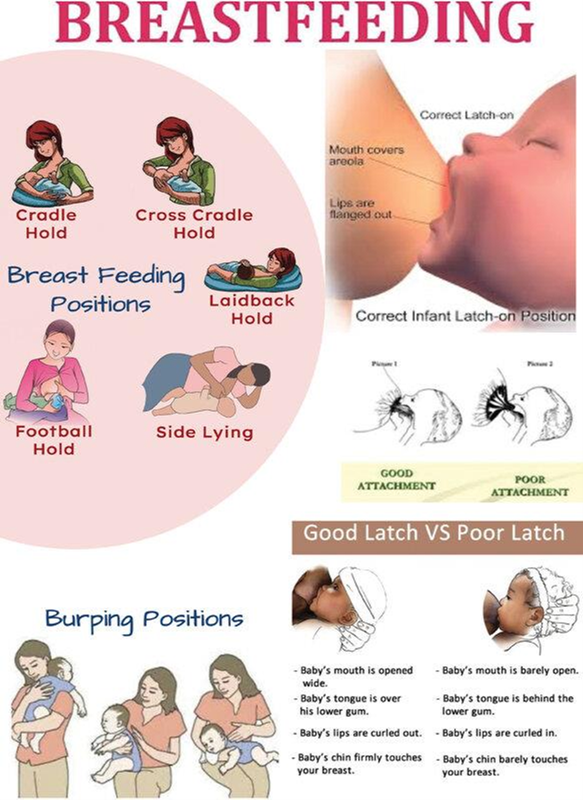Exhibits
The nurse is preparing the client for surgery. Which of the following actions should the nurse take? Select all that apply
Obtain a complete blood count.
Prepare client for insertion of 18-gauge peripheral IV prior to surgery.
Administer Rh, D immune globulin prior to surgery.
Explain the surgical procedure to the client.
Verify consent form is signed by the client.
Assist with administration of AB positive blood products if needed.
Remind client to be NPO prior to surgery.
Correct Answer : A,B,C,E,G
Based on the given information, the nurse should take the following actions in preparation for surgery:
- Obtain a complete blood count: This is important to assess the client's hemoglobin, hematocrit, and other blood parameters before surgery.
- Prepare the client for insertion of an 18-gauge peripheral IV prior to surgery: Adequate IV access is necessary for the administration of fluids and medications during and after surgery.
- Administer Rh, D immune globulin prior to surgery: This action is indicated if the client is Rh-negative and there is a possibility of fetal-maternal blood mixing during the termination of pregnancy. Rh, D immune globulin is given to prevent sensitization to Rh-positive blood.
- Verify consent form is signed by the client: Ensuring that the client has provided informed consent is essential before proceeding with any surgical intervention.
- Remind the client to be NPO (nothing by mouth) prior to surgery: It is important for the client to have an empty stomach to reduce the risk of aspiration during anesthesia.
The following actions are not indicated based on the given information:
- Explaining the surgical procedure to the client: Although it is important for the client to have an understanding of the procedure, this is typically done by the surgeon rather than the nurse.
- Assisting with administration of AB positive blood products if needed: There is no indication of the need for blood products based on the information provided. Blood product administration would be determined based on the client's specific condition and surgical requirements.
Nursing Test Bank
Naxlex Comprehensive Predictor Exams
Related Questions
Correct Answer is A
Explanation
a.This requires intervention because creases in the stockings can create pressure points that may lead to skin irritation or impaired circulation. The stockings should be applied smoothly and evenly to ensure proper compression and to avoid skin complications.
b.This is not necessary and can actually be incorrect. Antiembolic stockings should be applied with the correct side facing the client's skin. Turning them inside out could alter their effectiveness in providing the required compression.
c.This is appropriate. Applying antiembolic stockings before the client gets out of bed is recommended because it helps to promote venous return and prevent blood clots, especially if the client is immobile or has limited mobility.
d.This is appropriate. Asking the client to point their toes helps to ensure that the stockings can be applied correctly and fit well, reducing the risk of creating pressure points or causing discomfort.

Correct Answer is D
Explanation
Having the baby latch on to both the nipple and areola during breastfeeding is essential for effective milk transfer and optimal breastfeeding. The baby should take in a good portion of the areola along with the nipple to ensure a proper latch and a comfortable feeding experience for both the mother and the baby. This allows the baby to obtain enough milk and stimulates milk production in the mother.
Let's briefly discuss the other statements:
A- "My baby should breastfeed 5 to 10 minutes on each breast": The duration of breastfeeding can vary from baby to baby, but it is generally recommended to allow the baby to breastfeed until they are satisfied and have emptied one breast before switching to the other breast. This ensures that the baby receives both the foremilk and the hindmilk, which are important for adequate nutrition.
B- "I should not wake my baby during the night to breastfeed": In the early days after birth, it is important to establish frequent and regular breastfeeding to support milk production and ensure the baby receives enough nourishment. Newborns typically need to breastfeed at least 8 to 12 times in 24 hours, including during the night. If the baby is sleeping for a long period, it may be necessary to wake them for feeding to ensure proper nutrition and hydration.
C- "I should keep my baby on a strict feeding schedule": Breastfeeding should be based on the baby's cues and demand rather than a strict schedule. Newborns should be breastfed whenever they show hunger signs, such as rooting, sucking motions, or increased alertness. This helps establish a good milk supply and allows the baby to feed according to their individual needs.

Whether you are a student looking to ace your exams or a practicing nurse seeking to enhance your expertise , our nursing education contents will empower you with the confidence and competence to make a difference in the lives of patients and become a respected leader in the healthcare field.
Visit Naxlex, invest in your future and unlock endless possibilities with our unparalleled nursing education contents today
Report Wrong Answer on the Current Question
Do you disagree with the answer? If yes, what is your expected answer? Explain.
Kindly be descriptive with the issue you are facing.
